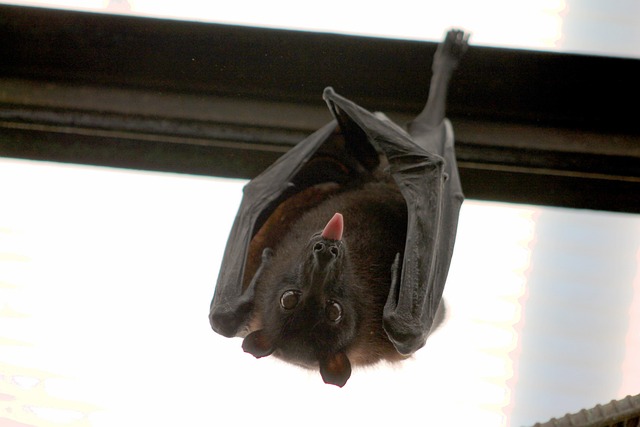When we think of vampirism, the image that often springs to mind is that of a sinister, dark creature lurking in the shadows, preying on the life force of its victims. While this might be a captivating narrative for novels or films, there exists another type of ‘vampirism’ in our world today that doesn’t touch on the supernatural but rather embodies a very real and pressing concern: the relentless consumption of our natural resources contributing to deforestation and climate change.
The act of vampirizing our forests—systematically cutting down trees, draining ecosystems, and ravaging habitats—is profoundly altering our environment. Forests are not merely collections of trees; they are vibrant ecosystems that support countless species, regulate our climate, and play a vital role in maintaining air quality. Through deforestation, we are stripping away vital defenses against climate change. Without trees, we lose a significant source of carbon absorption, intensifying the greenhouse effect and speeding up the global temperature rise.
Vampirism, in its broadest terms, symbolizes greed and a disregard for the consequences of actions. Much like how a vampire drains life from its prey, the current mode of deforestation drains life from our planet. Every day, millions of trees are sacrificed for timber, urban expansion, and agriculture, which leads to soil erosion, loss of biodiversity, and disruption of water cycles. The impact of this relentless consumption extends beyond the immediate environment; it contributes to extreme weather events, rising sea levels, and a host of health problems stemming from air and water pollution.
Climate change is one of the most profound challenges we face, and the connection between deforestation and this global crisis cannot be overstated. As we continue to ‘vampirize’ the Earth’s resources, we create a vicious cycle. The loss of trees exacerbates climate change, which in turn leads to shifting weather patterns that can further destabilize ecosystems and human communities who depend on them. This is a cycle of destruction from which we may never fully recover if the current trends persist.
In many indigenous cultures, the land is viewed as a living entity, deserving of respect and stewardship. This resonates with the fact that we need to shift our mindset from one of exploitation to preservation. We must recognize that the Earth’s resources are finite, and each tree cut down is a step closer to a future marked by scarcity. Investing in sustainable forestry practices, reforesting damaged lands, and protecting existing forests must become priorities in our global agenda.
To combat this modern form of vampirism on nature, we as individuals and communities need to make conscious choices in our consumption patterns. Supporting businesses that prioritize sustainability over short-term profit can help change the narrative. Additionally, advocating for policies that protect forests and promote reforestation can help restore balance to the ecosystems we have allowed to be ‘drained’.
As we grapple with the specter of climate change looming over us, it is crucial to remember that we hold the power to change the story. Instead of playing into the hands of those who seek to consume endlessly, we can become stewards of the Earth, preserving the beauty and intricacy of our environment for generations to come. In doing so, we can fight against the vampirism of our deforestation crisis to forge a sustainable and thriving planet.




